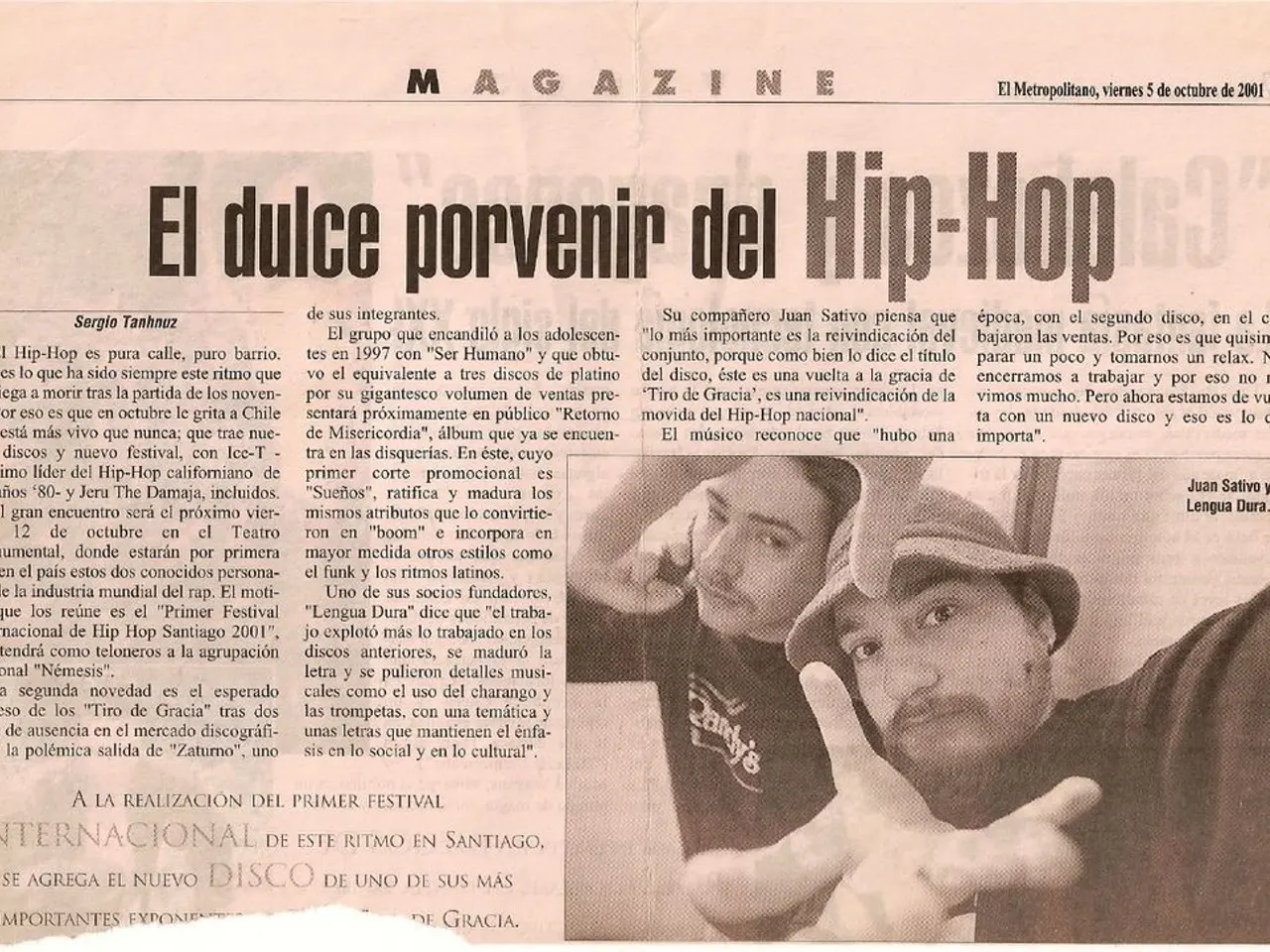Altercation and Arrest at Political Rally:
In recent times, there has been a significant push to dismantle diversity, equity, and inclusion (DEI) initiatives across Republican-led states and at the federal level.
Missouri's Governor Mike Kehoe has led efforts to eliminate DEI offices and ban diversity training programs within the state. This trend is not isolated; according to an Associated Press analysis, actions targeting DEI have nearly doubled compared to the previous year. The movement gained momentum when President Trump declared an end to "so-called diversity, equity, and inclusion policies" in a March address to Congress.
At the federal level, the Trump administration issued executive orders restricting DEI initiatives tied to federal funding. The Department of Justice, under a subsequent memo by Attorney General Pamela Bondi, declared many race-conscious DEI practices unlawful and discriminatory, extending the prohibition to programs using proxies for race such as cultural competence or place-based recruitment.
Several states with Republican leadership, such as Georgia and Arizona, have introduced or attempted legislation prohibiting DEI policies in public schools and universities. Georgia Senate Republicans proposed a bill banning DEI policies in education, while Arizona lawmakers introduced bills to defund or eliminate DEI programs. However, some of these bills were vetoed by the governors.
In response, universities in Republican-led states have adapted by rebranding DEI initiatives with new names like "access and engagement" or "belonging and community" to continue similar work while complying with bans. Staff at universities such as Vanderbilt and the University of Tennessee have admitted to such strategic renaming in order to evade state and federal restrictions on DEI programs.
Legal challenges against the Trump administration's rollback of DEI policies have been initiated by civil rights organizations, such as the National Urban League. The outcome of this movement is predicted to have lasting effects on education, employment, and governance. Stakeholders across the political spectrum are closely monitoring the evolving policies and their impact on the fabric of American society.
The administration promotes merit-based practices across federal agencies. Texas Governor Greg Abbott has signed laws prohibiting DEI-related course requirements in higher education institutions. The business community is navigating a complex landscape as it balances political directives and corporate values regarding DEI. Some corporations have scaled back their DEI initiatives in response to political pressure, while others remain committed to inclusive practices.
The aggressive rollback of DEI policies reflects a broader ideological battle over the role of diversity and inclusion in American society. Actions against DEI have expanded beyond higher education into broader state and local government functions. The administration aims to eliminate what it views as preferential treatment based on race or gender through a series of executive orders.
Red states are aligning with President Trump's agenda, raising questions about equality, representation, and the balance between individual merit and systemic equity. Observers predict that the long-term effects of this movement will be profound, shaping the future of diversity and inclusion in America.
[1] Associated Press. (2021). Republican-led states move to ban diversity, equity training. Retrieved from https://apnews.com/article/election-2020-georgia-education-diversity-equity-and-inclusion-1034c321b2447643b1c26b471a49a931
[2] National Urban League. (2021). Trump administration's rollback of DEI policies challenged in court. Retrieved from https://nationalurbanleague.org/press-releases/trump-administrations-rollback-of-dei-policies-challenged-in-court/
[3] Department of Justice. (2020). Memorandum on Combating Race and Sex Stereotyping. Retrieved from https://www.justice.gov/opa/press-release/file/1308366/download
[4] Inside Higher Ed. (2021). Universities rebrand diversity efforts to comply with state laws. Retrieved from https://www.insidehighered.com/news/2021/04/29/universities-rebrand-diversity-efforts-comply-state-laws
- The Trump administration's Memorandum on Combating Race and Sex Stereotyping, issued by the Department of Justice, declared many race-conscious diversity, equity, and inclusion (DEI) practices unlawful and discriminatory, extending the prohibition to programs using proxies for race such as cultural competence or place-based recruitment.
- In the political landscape, several states with Republican leadership, such as Georgia and Arizona, have introduced or attempted legislation prohibiting DEI policies in public schools and universities, with Georgia Senate Republicans proposing a bill banning DEI policies in education, while Arizona lawmakers introduced bills to defund or eliminate DEI programs.
- While some corporations have scaled back their DEI initiatives in response to political pressure, others remain committed to inclusive practices. This struggle between political directives and corporate values is particularly evident in the business community's navigation of the complex landscape regarding DEI.







